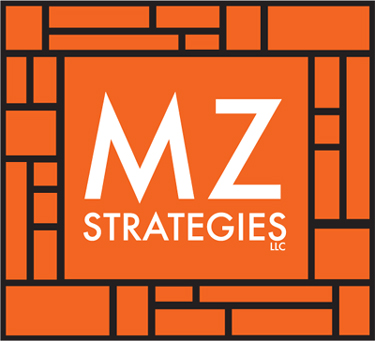Five Years of Federal Partnership for Sustainable Communities
Earlier this week, and without any fanfare, the Federal Partnership for Sustainable Communities turned five. This anniversary is a bittersweet one for me. On June 16, 2009, the U.S. Department of Housing and Urban Development (HUD), U.S. Department of Transportation (DOT), and the U.S. Environmental Protection Agency (EPA) joined together - as the Partnership for Sustainable Communities - to help communities nationwide improve access to affordable housing, increase transportation options, and lower transportation costs while protecting the environment. I was incredibly honored to serve as the Deputy Director for the Office of Sustainable Housing and Communities (now the Office of Economic Resilience) at HUD to help stand up this historic effort.
The Partnership was notable in that its creation stemmed from strong local demand for the federal government to better coordinate across agencies rather than operate in silos, often with conflicting guidance to communities and wasteful government spending. Those of us working in the field wanted a government partner, not obstacle, to support the tide of local innovation happening by the private sector, by mayors and local leaders, and by citizen advocates and entrepreneurs all working to create vibrant, economically-strong, and environmentally-resilient communities in urban and rural parts of the country.
No doubt the most high profile part of this effort was the $250 million in sustainable communities planning grants awarded by HUD in 2010 and 2011 to support local and regional efforts to better integrate housing, transportation, economic development and environmental plans. Earlier this spring I shared my observations in the American Planning Association's Regional and Intergovernmental Division newsletter on the key outcomes and legacy of this federal investment in the future of regions. (Click here to read my reflections)
Since 2011, Congress has not supported the administration in its work to help communities who want to create a more sustainable future. Caught up in partisan gamesmanship and ideological disputes over the value of planning and anything labeled "sustainable," communities are once again left on their own to try and tackle the complex and very real challenges that changing global economies, demographics, new technologies and extreme weather are causing. One of the most frustrating arguments I encountered while meeting with Congressional offices to restore funding was that we cannot afford to fund new programs - even those designed to make existing programs achieve better results. This is like telling Apple or Pfizer to stop investing in new products - we have all that we need, thank you very much.
At the same time, federal investment writ large is on the decline leaving local and state governments to figure out on their own how to do more with less. Some regions will likely chart a successful path forward, while others may flounder. Nationally though, we need the federal government to support - not retrench - from cost-effective, innovative and smart solutions that ensure our country retains its global leadership position.
With new leadership at HUD, DOT and EPA, its time to weigh in and make the case for sustained government collaboration. We need efforts like the Partnership for Sustainable Communities -- not to grow government, but to make sure that we're recalibrating programs and policies so that they meet the new challenges and opportunities of a 21st Century America.
To learn more about the 150 regions and communities supported by HUD's Sustainable Communities grants click here.


